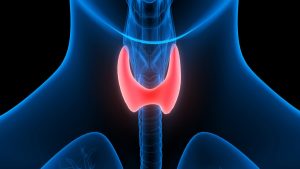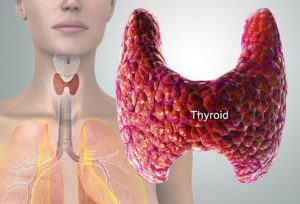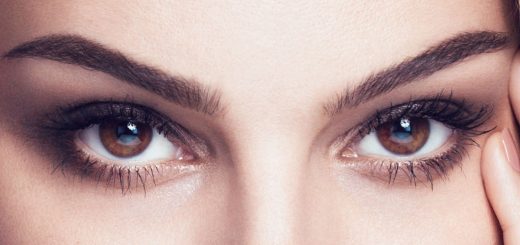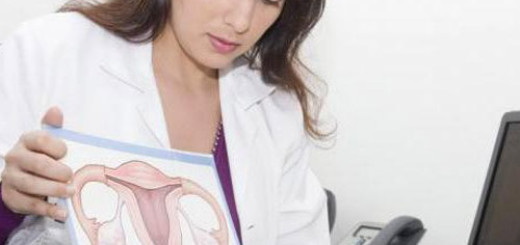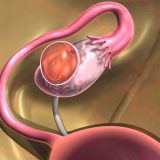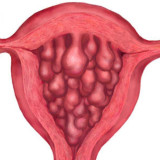Thyroid cysts are capsule-type tumors filled with liquid. These pathologies can be both small in size (diameter less than 1 mm) and enormous (it will be visible to the naked eye) ones forming bumps on the neck. If you believe the statistics, the disease affects more than 10% of the population of the entire planet. Women are more exposed to it.
Causes of thyroid cysts
The main factors that provoke the disease include:
- Iodine deficiency in food.
- Excess of thyroid hormones (thyroxine and triiodothyronine).
- Inflammation of thyroid gland.
- Environmental risks.
- The imbalance of hormones.
- The trauma of thyroid gland.
- Thyroid abnormalities of congenital nature.
- Intoxications.
- The hereditary predisposition.
Cyst thyroid symptoms
Most often this pathology develops slowly and is almost asymptomatic. Typically, in this case, thyroid cysts have a very small size, and accordingly, it make no pressure on the vascular system. Main symptom is the appearance of the formations, due to the big size it becomes noticeable to the eye and during palpation. Usually the cysts enlarge up to about 3 centimeters to be noticed.
Other thyroid cyst symptoms comprise:
- Hoarseness, accompanied by its unusual timbre.
- Headache without any reasons.
- The feeling of a lump, and sore throat.
- Increased lymph nodes.
- Sore throat, which may indicate a festering cyst.
- Large outer contours of the neck.
- Temperature up to 40 degrees C/ 104 degrees F.
- Chills and fever.
Thyroid cysts diagnosis
When the first suspicions of the pathology presence rise, it is necessary to approach endocrinologist. He conducts a clinical examination and palpation of the tumor. Next, the patient will need to undergo a series of procedures. Thyroid cysts diagnosis plan includes:
- Study vascular formation structure.
- Puncturing with fine needle for biopsy histology. The method is carried out to determine the presence of malignant cells.
- Thyroid ultrasound.
- A number of blood tests showing levels of thyroid hormones.
- MRI.
- Scintigraphy.
Thyroid cyst treatment
There are cases when such formation does not require its removal. For example, if the cyst does not cause other disorders of the thyroid gland. On this term the patient must visit an endocrinologist, who will oversee the growth and change its parameters. He may also appoint a hormonal medicines.
On condition the cyst has a direct impact on the thyroid gland, the patient is assigned to the radioactive iodine for several months. It is important to take the ultrasound during the therapy. If large number of the blood antibodies are observed, the iodine intake should be stopped.
In complicated cases with high risks the surgery is prescribed. A surgeon removes the gland performing hemisternotomy.
Read more about thyroid cysts:
